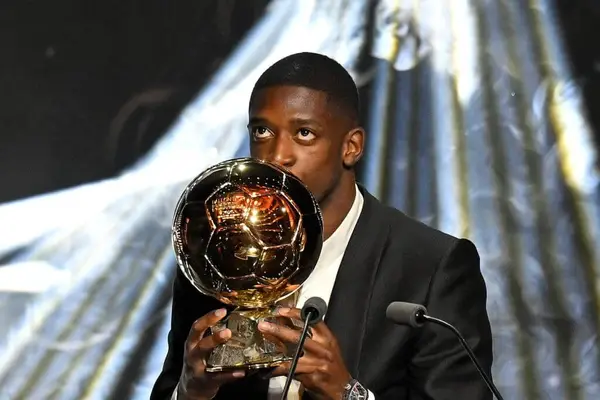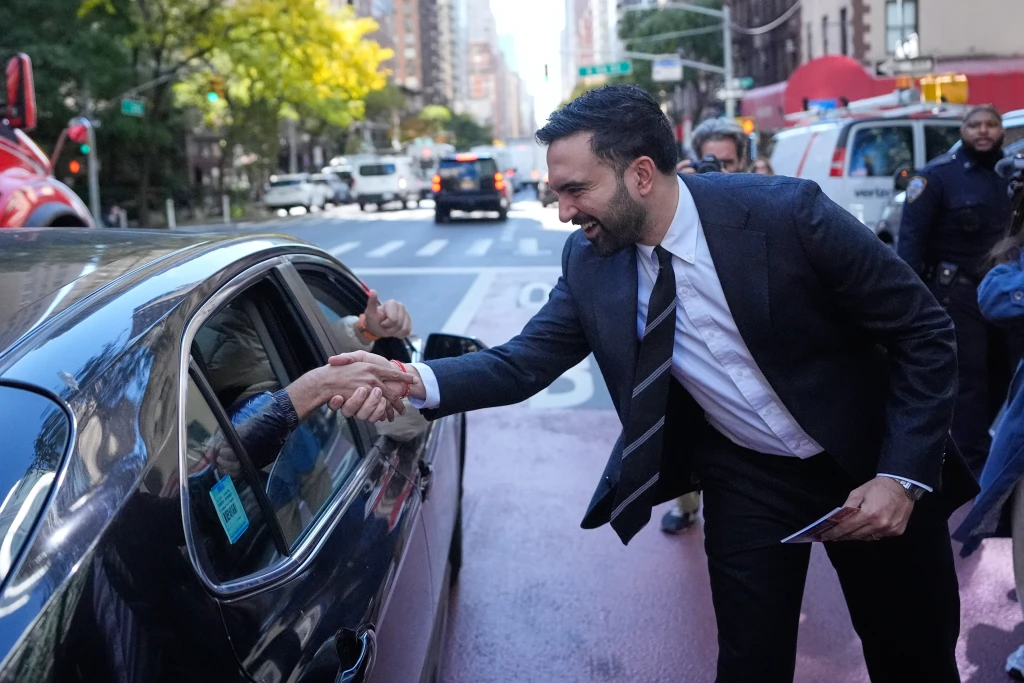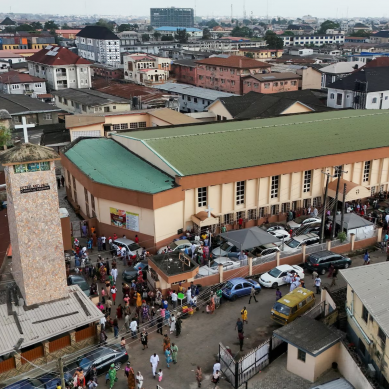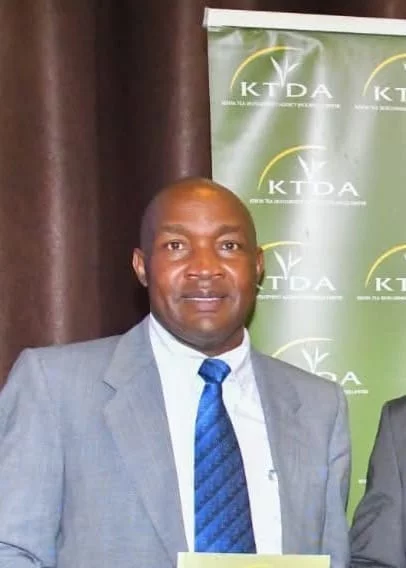
If you were looking for a ruthless goal-getter, you had come to the wrong place.
“It’s not just goals that count,” the headline read, in direct quotation marks, above a photograph of a beaming Ousmane Dembele.
In the accompanying interview, published by L’Equipe in November 2023, the Paris Saint-Germain forward declared that although he was conscious of his potential to score more goals, his reasonably meagre record in that regard was not something that unduly concerned him. “I sleep very well at night,” he said. “I still have confidence in myself.”
Two years earlier, in an interview with the same publication, he had been even more unequivocal. Asked how he would like to be remembered as a player, he replied: “I’d like people to say: he was a dribbler who was great to watch. That at one o’clock, four o’clock or nine o’clock, you turned on your television and took the time to watch me dribble and score goals.”
The order of priority was clear: dribbling first, scoring goals second. Before last season, Dembele’s circumspect attitude towards the art of putting the ball in the net was reflected by his career statistics. He had not reached double figures for league goals since netting 12 in his breakthrough campaign at Rennes in 2015-16, and across all competitions, he had never mustered more than the 14 he chalked up in his second season at Barcelona in 2018-19. Then, all of a sudden, everything changed.
Shifted into a new false nine role by PSG head coach Luis Enrique midway through last season, Dembele responded with an astonishing burst of goal-scoring form, netting 27 times in 22 games over the course of the winter and the early spring.
By the time the dust had settled on the campaign, he had taken his tally in all competitions to 35 – only five fewer than the total amassed over the course of his six-year spell at Barcelona – and inspired PSG to a historic quadruple and a runners-up finish in the Club World Cup.
On Monday night in Paris, the momentum that had propelled both him and PSG to glory last season carried the 28-year-old to the sport’s ultimate individual honour when he was awarded the 2025 Ballon d’Or. He became the sixth Frenchman to have won the award after Raymond Kopa, Michel Platini, Jean-Pierre Papin, Zinedine Zidane and Karim Benzema, and the first since Marseille’s Papin in 1991 to have won it while wearing the colours of a French side.
So how did Dembele go from goal-shy dribble merchant to lifetime member of football’s most exclusive club?
Luis Enrique knew he wanted to deploy one of his players as a false nine. He just did not know which one. The main dilemma facing the Asturian coach as he embarked upon his second season in the PSG dugout was how to plug the goal deficit created by Kylian Mbappe’s departure to Real Madrid. His instinct was to approach the issue in a collective way.
“If someone scores 40 goals, we certainly won’t close the door on him, but if I look at my own experience, you’re better off with four players who score 12 goals each,” Luis Enrique said on the eve of the campaign. “That makes 48 in total and that’s better than 40.”
Goncalo Ramos went into the season as PSG’s first-choice No 9 but the Portuguese striker was forced off by an ankle injury after only 20 minutes of a 4-1 win at Le Havre on the opening weekend. Reluctant to place his faith in Randal Kolo Muani, Luis Enrique began auditioning his attacking midfielders in the false nine role. Marco Asensio, Lee Kang-in and new signing Desire Doue were all given opportunities over the season’s early weeks, but none of them succeeded in getting to grips with the position.
Although PSG were flying in Ligue 1, goals were proving problematically elusive in the Champions League. After labouring to a 1-0 win over Girona in their opening fixture, they drew at home to PSV and lost at home to Atletico Madrid despite completely dominating both games.
A 1-0 defeat at Bayern Munich in late November left them staring at the humiliating prospect of a league-phase elimination.
Luis Enrique had been an admirer of Dembele’s since his time as head coach at Barcelona, having first enquired about the winger’s availability following his breakout season as a teenager at Rennes. “Luis Enrique was very excited about the prospect of what Dembele could become under him from the very beginning at PSG,” says one source, speaking anonymously to protect relationships.
Following Mbappe’s exit, Dembele had been assured by the PSG hierarchy that he would be “the leader of the attack”, according to a source close to the player. He was subsequently disappointed to discover that central midfielder Vitinha, and not he, had been chosen by Luis Enrique to succeed Mbappe as first-choice penalty-taker.
The season’s first four months yielded no indication of the transformation that was just around the corner. Dembele started regularly in a familiar right-wing role, but was dropped for his side’s 2-0 loss at Arsenal in early October after reporting late for a training session. Deployed alongside Bradley Barcola as a split striker in the defeat against Bayern the following month, he blotted his copybook again by being sent off for two bookable offences shortly before the hour. Luis Enrique described it as a “serious mistake”.
Dembele started PSG’s next two league matches against Auxerre and Nantes on the bench. But for the home game with Lyon on December 15, he came back into the starting XI – and the team’s playing identity suddenly snapped into focus.
Dembele had played in a central striking role for PSG before, most notably in games against Marseille and Real Sociedad towards the end of the previous campaign, although in both instances, he operated as a withdrawn foil for nominal left-sided forward Mbappe.
Here, against Lyon, he was the main man, flanked by Lee on his right and by Doue on his left. He put PSG ahead in the eighth minute at the Parc des Princes, dispatching Doue’s cutback with a low, left-foot strike into the bottom-right corner, and created a succession of chances for his team-mates in a breezy 3-1 win.
La machine était lancée, as they say in French. The machine was up and running.
He scored twice in a 4-2 win at Monaco before the Ligue 1 winterbreak, gave PSG victory over the same opponents with a stoppage-time goal in the Trophee des Champions in Doha in their first outing of 2025, and then claimed another double as Luis Enrique’s men returned to league action with a win over Saint-Etienne.
Having started on the bench due to illness, Dembele sparked PSG’s storming comeback against Manchester City in the Champions League with the first of the four second-half goals that gave the home side a watershed 4-2 win. After another goal in a 1-1 draw against Reims, he became the first player in PSG’s history to score hat-tricks in consecutive games by plundering triples against Stuttgart and Brest.
Successive braces followed against Monaco and Brest (this time, against the latter, in the Champions League play-off round). By now, he had amassed 18 goals in 10 games and was scoring at a rate unmatched in world football.
Whereas before, he had been renowned for scoring after mazy dribbles or slamming shots home from distance, these were striker’s goals: tap-ins, clever dinks, scruffy rebounds and instinctive first-time efforts. He said he had learned to place his shots rather than always going for power. “He does lots of video work,” says a member of Dembele’s entourage, speaking under the condition of anonymity to protect relationships. “And he’s done a lot of work on his shooting in order to become more clinical in front of goal.”
“I’d been playing more as a right-sided midfielder glued to the touchline up to now. It was harder to score goals – I had to beat three or four players before scoring,” Dembele explained after his hat-trick against Brest. “Now, as a No 9, you only have one player (to beat) or it’s just about tapping the ball into the net.”
- A Tell Media report / Adapted from The Athletic







